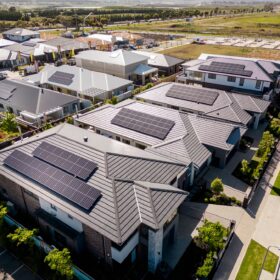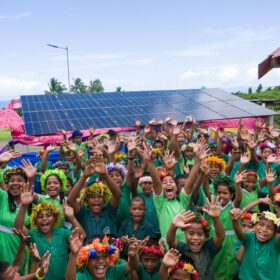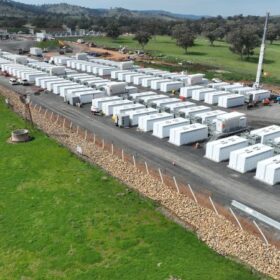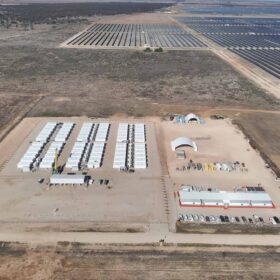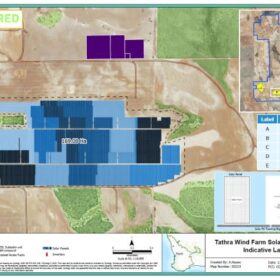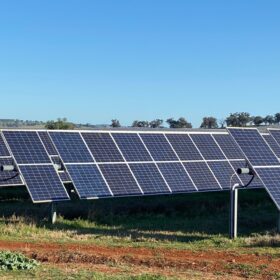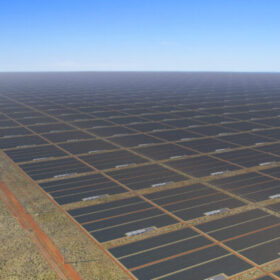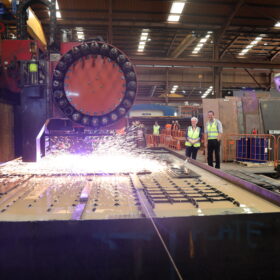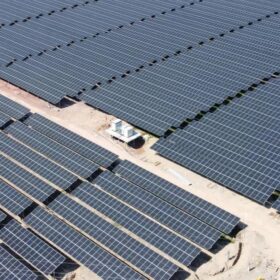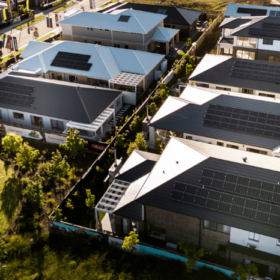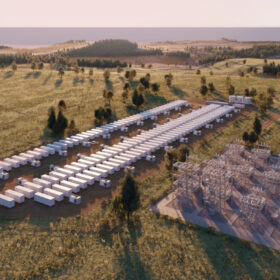One quiet change is about to let you export much more solar
Australia has more solar panels per person than anywhere else in the world. One in three houses now has rooftop solar. Our grid operators are working hard to adjust to a new reality where the collective output of rooftop solar is one of our largest sources of power.
Australia helps remote Fiji schools switch to off-grid solar power
Thirty remote schools in the Fiji islands are receiving off-grid solar installations with support from the Australian government REnew Pacific program to boost digital learning tools access and reduce reliance on diesel generators.
NSW tender targets 500 MW of new firming capacity
The New South Wales government has launched a tender targeting 500 MW of firming and demand response capacity to further boost power supply reliability as the state’s coal-fired generators are shut down.
Australia’s first eight-hour battery registered with AEMO
Australia’s energy transition has reached a new milestone with the nation’s first eight-hour duration battery energy storage system now registered and eligible to begin commissioning and testing ahead of commercial operation.
WA gentailer plans 2 GW wind, solar and battery hub
Western Australian government-owned utility Synergy has submitted plans to build a 2 GW hybrid renewable energy hub including up to 500 MW of solar and 500 MW of battery energy storage capacity alongside what would be the biggest wind farm in the state.
Goodbye petrostates, hello ‘electrostates’: how the clean energy shift is reshaping the world order
For more than a century, global geopolitics has revolved around oil and gas. Countries with big fossil fuel reserves, such as Saudi Arabia and Russia, have amassed significant wealth and foreign influence, helping shape the world order.
Solar megaproject’s Singapore exports has social licence work to do: research
The proposed Australia-Asia PowerLink, a Northern Territory 12,000 hectare solar megaproject, has received a thumbs up from 89% of survey respondents who say they support the project’s construction, but remain skeptical about its Singapore exports.
NSW renewables manufacturing hub attracts $66 million investment
A $66 million joint NSW state government and private investment will give rise to a renewables manufacturing hub in western Sydney but the NSW Nationals say the move fails regional communities most impacted by the energy transition.
Jinko secures federal green tick for solar and battery project
A subsidiary of Chinese PV technology manufacturing giant JinkoSolar has been given the green light by the Australian government to develop a 134 MW solar farm with up to four hours of battery energy storage in the New England region of New South Wales.
Renewables reach record 77.9% share in NEM
The share of renewables in Australia’s main electricity grid continues to reach new highs, delivering 77.9% of electricity demand on Sunday with solar power contributing more than 55% of the record-breaking clean energy mix.
